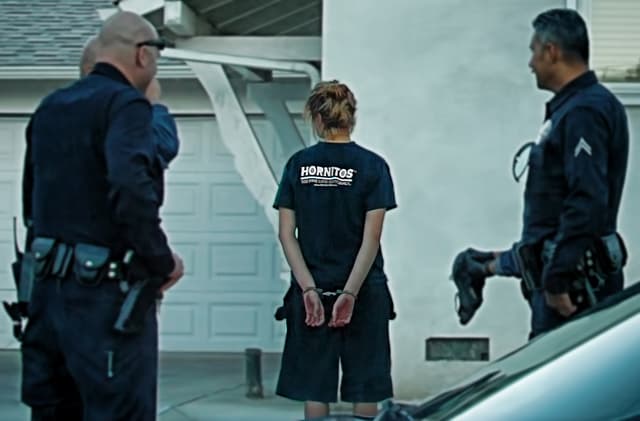
Arrest and Arraignment in Harris County
The Sixth Amendment to the U.S. Constitution guarantees your right to hear the charges against you and obtain a speedy trial. To ensure your Sixth Amendment rights are not violated, courts offer an arraignment shortly after an arrest. During an arraignment, you will formally hear the charges against you and be asked to plead guilty or not guilty. If you or a loved one are arrested for a crime, you’ll likely go through the arraignment process, which is why it is important to know how it works in the Houston, Texas area.
Actions after an Arrest
After an arrest, you’ll be taken to a local or county jail. If arrested by a Harris County Sheriff’s deputy, you’ll be taken to the facility located at 701 San Jacinto in Houston. You may also be taken to a local facility within the city of Houston if you are picked up by a city police officer. Regardless of where you are taken, you will be “booked”, which involves:
- Collecting fingerprints
- Taking a “mug shot”
- Collecting and securing your personal belongings
- Entering information into a police database
Posting Bond
Depending upon the nature of your offense, you could be eligible to post bond. Posting bond allows you to remain free until you are required to appear in court again. Another person may post a cash bond or acquire the services of a bail bondsman to gain your freedom. All bonds are posted at the Herbert W. Gee Municipal Courthouse located at 1400 Lubbock Street, regardless of where you are incarcerated. Bonds may be posted 24 hours a day, seven days per week.
Arraignment
If you are unable to post bond, you will then be scheduled for an arraignment. According to Texas law, arraignment should take place “without unnecessary delay”, which generally means within 48 hours after an arrest. If you are arrested for a misdemeanor, your arraignment will take place at one of the following Harris County jails, which are open 24 hours per day:
- 701 San Jacinto, Houston, TX 77002
- 1200 Baker Street, Houston, TX 77002
- 1307 Baker Street, Houston, TX 77002
- 14350 Will Clayton Parkway, Humble, TX 77346
- 16715 Clay Road, Houston, TX 77084
If you are arrested on a felony charge, your arraignment will take place in district court in front of a magistrate judge. You will be notified as to the time and location of your arraignment once the information becomes available.
Rights While Incarcerated
In Texas, police officers are not required to read you your Miranda rights during an arrest, unless they intend to question you shortly thereafter. That doesn’t mean you don’t have any rights, as you are nonetheless entitled to:
- Remain silent
- Refuse to answer questions or undergo an interview
- Consult with an attorney
- End any questioning you do consent to at any time
It’s important to note that officers may still use any information you provide against you in a court of law, even if your rights have not been formally read. As such, you should refrain from making any statements until you have consulted with an attorney.
During your arraignment hearing, you will:
- Be advised of your rights
- Have the charges against you read
- Be asked if you have any questions
- Have the opportunity to request a court-appointed attorney if you cannot afford one
Pleading
You will also be asked to plead to the charges in one of the following ways:
- Guilty, which means you admit to the charges as stated
- Not guilty, in which case you claim you did not commit the acts you are accused of
- No contest, meaning you acknowledge there is enough evidence to arrest and/or convict you, yet you do not admit guilt
Importance of your Plea
The way you plead is very important, as it determines what happens next. If you plead “guilty” or “no contest”, your case is basically finished at that point. You may receive your sentence then or be scheduled for a sentencing hearing at a later date. If you plead “not guilty”, your case will then be scheduled for trial, at which time you will be afforded the opportunity to present evidence and cross-examine witnesses.
Most attorneys recommend pleading “not guilty” during an arraignment, even if you are actually guilty. Doing so allows you time to review the evidence against you to ensure it is legal for authorities to use. If evidence was illegally gained, your attorney can file a motion to have it thrown out, which could result in charges being dropped.
Contact an Attorney before your Arraignment
You don’t have to wait until you are arraigned to seek legal counsel. You are allowed one phone call after being booked, and we advise using it to contact our law office.
If you have been arrested in Harris or surrounding counties, contact the Law Office of Brett A. Podolsky. We will help protect your rights. Call 713.227.0087 or email today.